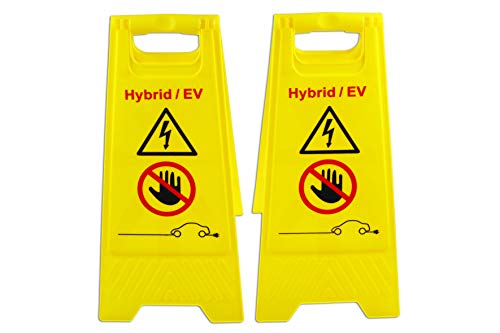The Waiheke Don
Member
- Joined
- Mar 14, 2024
- Messages
- 18
My sparky caught something just in time because the timer I had to charge my iMiEV (at the lowest KW charging rate after midnight) wasn't suitable and was actually starting to crack it's moulded case through excessive heat buildup I guess. It was the most expensive one offered at the contractor's electrical shop ($45) but still 10 amps.
My sparky said he could build a rugged timer but estimated it would cost $300 because a relay is needed to switch on the mains power or something like that.
We have 400+ Nissan Leafs on Waiheke and the vast majority have 3 pin charging. Seems like there would be a reasonable market here and in NZ for a 20 amp timer. There are a few things on AliExpress, etc. but might not meet our insurance / safety specifications.
Suggestions most welcome..
My sparky said he could build a rugged timer but estimated it would cost $300 because a relay is needed to switch on the mains power or something like that.
We have 400+ Nissan Leafs on Waiheke and the vast majority have 3 pin charging. Seems like there would be a reasonable market here and in NZ for a 20 amp timer. There are a few things on AliExpress, etc. but might not meet our insurance / safety specifications.
Suggestions most welcome..

































